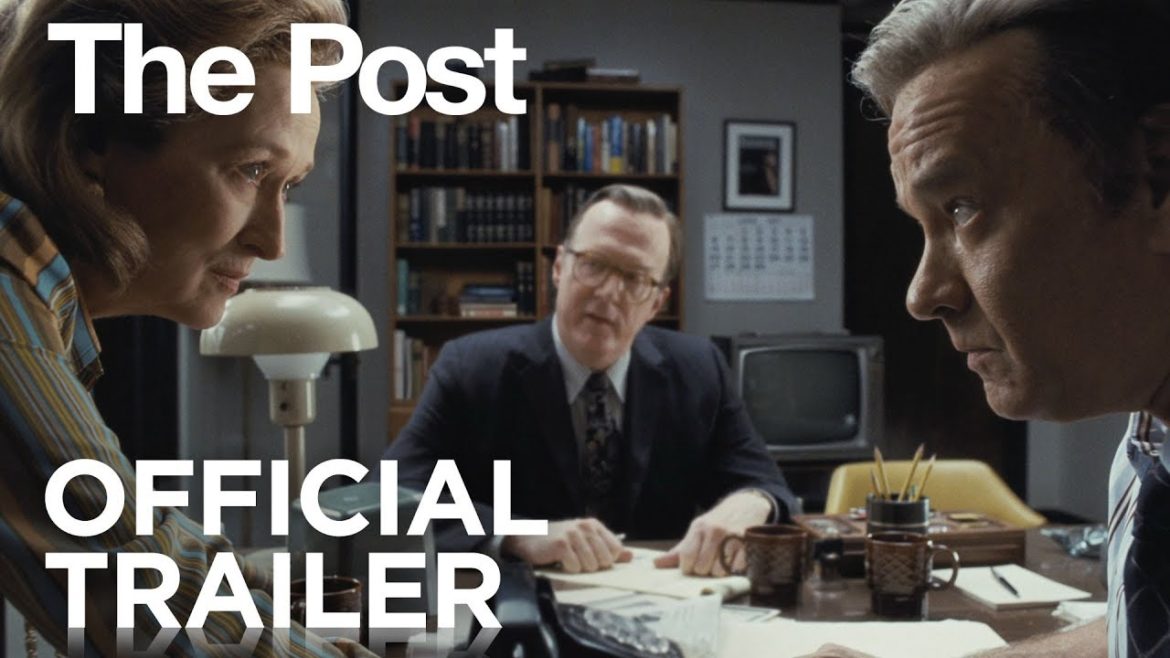TL;DR
This review argues that while "The Post" boasts an Oscar nomination, Meryl Streep, and Tom Hanks, it's a surprisingly unremarkable film from Steven Spielberg. Despite the historical drama of the Pentagon Papers leak and the pressure on The Washington Post, the narrative lacks high stakes and feels more like a well-made documentary than a gripping thriller. While Streep delivers a nuanced performance as Kay Graham, the film ultimately falls short of Spielberg's usual directorial prowess, feeling somewhat rushed and lacking a distinct signature. Discover why this highly anticipated film might leave you wanting more.
The Post is Oscar-nominated for best film, but I maintain my initial assessment: this is a comparatively unremarkable film from a legendary director.
1971 was a turbulent year.Four decades of cover-up, manifested in thousands of documents, arrive at The Washington Post’s offices. The White House threatens legal action upon publication, already having pursued the New York Times for publishing portions of the material. This occurs as Washington Post CEO Kay Graham (Meryl Streep) is preparing to take the company public. The pressure on both her and Ben Bradlee (Tom Hanks) is immense, leaving them with a critical decision.
Steven Spielberg is a director of considerable talent and range. He has directed blockbusters such as the Indiana Jones trilogy (with persistent rumors of a fourth installment, though these should be taken with a grain of salt…) and smaller, character-driven films like The Color Purple and Schindler’s List. His war film, Saving Private Ryan, stands as a powerful work. With that, we can transition to discussing Tom Hanks.
Tom Hanks is convincing as usual.The Post marks Tom Hanks’ fifth collaboration with Steven Spielberg. Hanks delivers a typically solid and believable performance, but the role doesn’t offer significant depth. The narrative lacks high-stakes moments, palpable danger, or profound losses.
Meryl Streep is arguably one of the finest actresses of our time. Throughout her extensive career, she consistently delivers masterful performances. In this film, she portrays Kay Graham, who initially appears to lack the strength she ultimately demonstrates. Streep effectively balances her character’s nuances, consistently subverting expectations.
Meryl Streep is, as usual, masterful.The film features a strong supporting cast, including Bob Odenkirk and Bruce Greenwood. Both actors contribute quality performances, delivering authentic portrayals, but their roles lack substantial impact. It’s also notable to see comedian David Cross, known for his work in Arrested Development, in a brief, largely inconsequential role.
I approached this film unaware of Steven Spielberg’s involvement. I had only briefly viewed the trailer before dismissing it on YouTube. It was at the press screening that I learned the film was directed by Spielberg. Made after Ready Player One but released nine months prior, The Post is not inherently a *bad* film, but it falls short of Spielberg’s usual standards. It lacks a distinct signature, feeling somewhat hastily assembled. The film is not particularly gripping, progresses at a measured pace, and resembles a well-produced documentary.
As I noted in my review of All the Money in the World, when adapting real-world events, a degree of creative license is often necessary to enhance the narrative. Here, the film appears overly committed to accurately depicting events in their precise sequence and pacing.
Despite its relatively short runtime, the film feels protracted. It unfolds deliberately, prompting reflections on Tom Hanks’s character Forrest Gump, who experienced these events from a different perspective. Interestingly, All the President’s Men from 1976 directly follows the events depicted in The Post, offering a complementary viewing experience.
